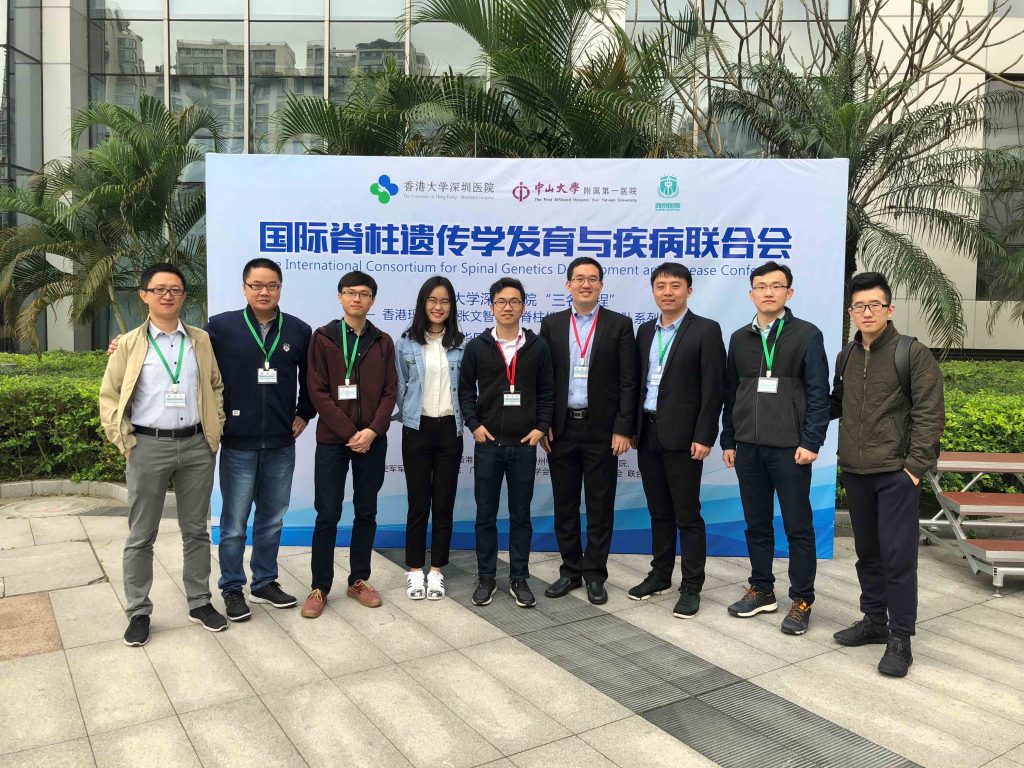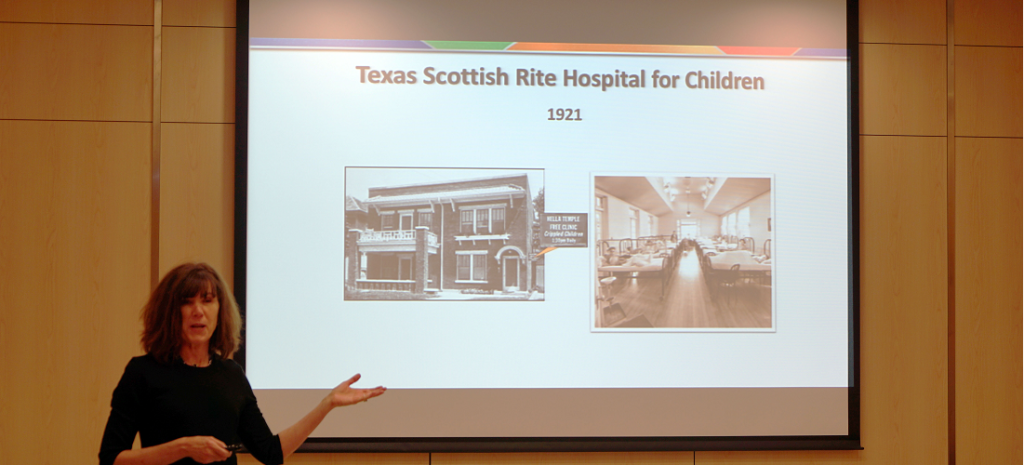Dr. Shiro Ikegawa Visited Peking Union Medical College Hospital

On September 2, Dr. Shiro Ikegawa, the director of laboratory of Bone and Joint Diseases, RIKEN center for Intergrative Medical Sciences, Tokyo, Japan, paid a visit to Beijing Key Laboratory for Genetic Research of Skeletal Deformity of Peking Union Medical College Hospital (PUMCH) and gave a lecture at the PUMCH Academic Salon Series in scholarism auditorium of PUMCH.
The Coexistence of Copy Number Variations (CNVs) and Single Nucleotide Polymorphisms (SNPs) at a Locus can Result in Distorted Calculations of the Significance in Associating SNPs to Disease

With the recent advance in genome-wide association studies (GWAS), disease-associated single nucleotide polymorphisms (SNPs) and copy number variants (CNVs) have been extensively reported. Accordingly, the issue of incorrect identification of recombination events that can induce the distortion of multi-allelic or hemizygous variants has received more attention.
Perturbations of BMP/TGF-β and VEGF/VEGFR signaling pathways in non-syndromic sporadic brain arteriovenous malformations (BAVM)

Brain arteriovenous malformations (BAVM) represent a congenital anomaly of the cerebral vessels with a prevalence of 10–18/100 000. BAVM is the leading aetiology of intracranial haemorrhage in children. Our objective was to identify gene variants potentially contributing to disease and to better define the molecular aetiology underlying non-syndromic sporadic BAVM.
2018 Forum for Genetics and Epigenetics of Skeletal Associated Disorders

On May 5th, 2018, DISCO study group held 2018 Forum for Genetics and Epigenetics of Skeletal Associated Disorders in Beijing, China. Professor Guixing Qiu, a senior member of the Chinese Academy of Engineering was the chairperson of the 2018 Forum for Genetics and Epigenetics of Skeletal Associated Disorders. Dr. Zhihong Wu, Dr. Nan Wu and Dr. Jianzhong Su were co-executive chairpersons of this forum. The forum lasted for 2 days.
We present DISCO project at the International Consortium for Spinal Genetics, Development and Disease (ICSGDD) meeting, Shenzhen/Guangzhou, China

On April 6th, 2018, Dr. Nan Wu was invited to give a key note lecture at the 2nd annual meeting of International Consortium for Spinal Genetics, Development and Disease (ICSGDD; formerly ICSG and ICVAS), Shenzhen, China.
Dr. Carol Wise Paid a Visit to Peking Union Medical College Hospital

Dr. Carol Wise, the director of molecular genetics and basic research at Scottish Rite Hospital, Texas, USA, visited Beijing Key Laboratory for Genetic Research of Skeletal Deformity of Peking Union Medical College Hospital (PUMCH) on April 10th 2018.
TBX6 polymorphism is associated with congenital scoliosis
The single SNP analysis showed allele frequency of rs2289292 (exon 8, the only tagging SNP) and rs3809624 (5’untranslated region) demonstrated significant difference between CS cases and controls (P = 0.017 and P = 0.033),which suggests genetic variants of TBX6 gene is associated with CS.
Genetic polymorphisms of GPR126 are functionally associated with PUMC classifications of adolescent idiopathic scoliosis
GPR126 has been identified to be associated with AIS (Adolescent Idiopathic Scoliosis) in different populations, but data on the northern Chinese population are unavailable. Additionally, it is important to know the exact clinical phenotypes associated with specific genetic polymorphisms.
Dr. Nan Wu was invited to speak at the 3rd International Rare Diseases Research Consortium (IRDiRC)
On February 9th, 2017, Dr. Nan Wu was invited to give an oral presentation at the annual meeting of International Rare Diseases Research Consortium (IRDiRC) at Paris, France. He introduced our findings about TBX6 gene discovery in world-wide congenital scoliosis patient cohorts.
Dr. Nan Wu was invited to give a lecture at the annual meeting of the Japanese Society for Bone and Mineral Research (JSBMR)
On July 27th, 2017, Dr. Nan Wu was invited to present at the the 35th annual meeting of Japanese Society for Bone and Mineral Research (JSBMR), Fukuoka, Japan. He introduced our work about an undefined subtype of congenital scoliosis.

